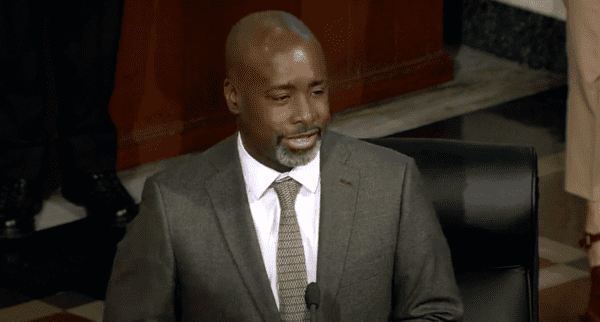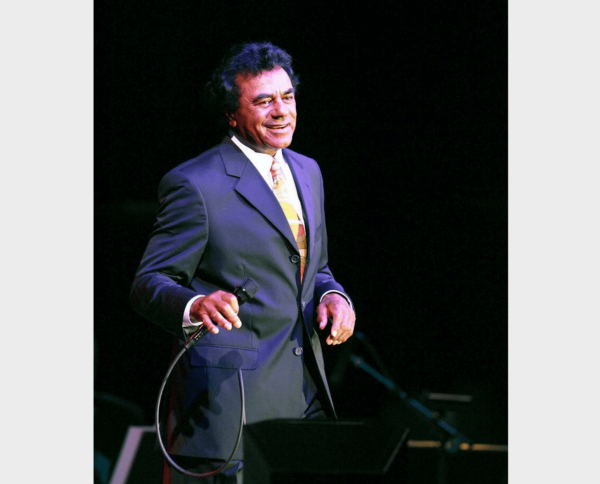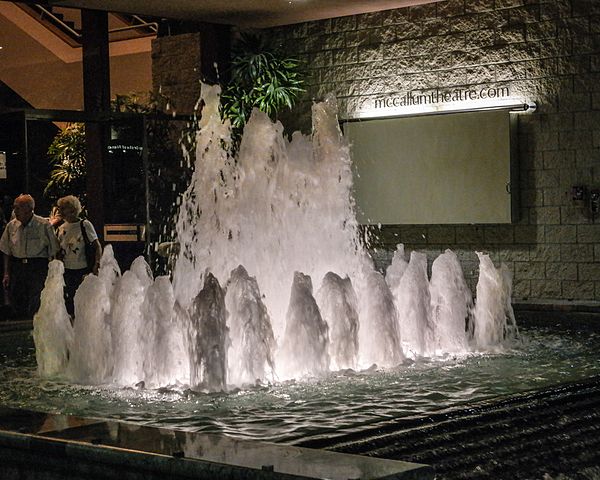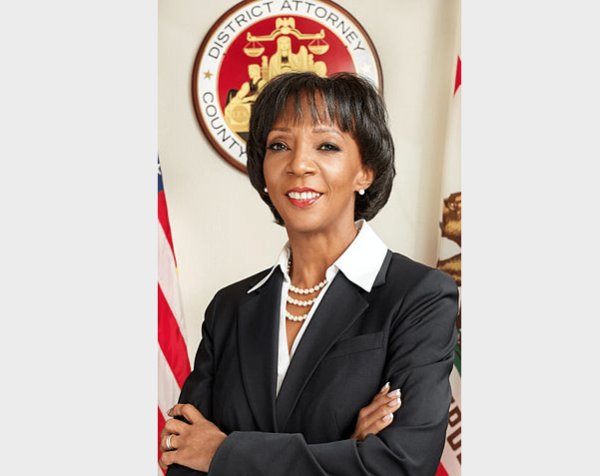The City Council on Tuesday vetoed the denial of a permit for a 168-room Marriott hotel in South Los Angeles, sending the matter back to the South Los Angeles Area Planning Commission for reconsideration and to the council’s planning committee for further review.
The proposed seven-story building would be located on a 34,000 square foot, city-owned site that has been vacant since 2010. It was formerly the site of the Bethune Library, and is located near USC.
The council voted 12-1 for the veto, with Councilwoman Monica Rodriguez dissenting.
In 2019, the City Council entered into an agreement with a developer to build the Marriott on the site. But the local planning commission last month sided with the city’s zoning administrator in denying a conditional use permit and site plan review amid concerns that the lot should be used to provide affordable housing.
Several public speakers voiced opposition to the hotel to the council.
“In the midst of a citywide housing crisis, we should be thinking about the tenants and residents of our city and specifically South LA,” said Jessica Melendez, director of policy with TRUST South LA. “We should not be using this valuable public land for corporate development projects like luxury hotels, which would continue to gentrify and displace communities.”
Glafira Lopez, community organizer with Strategic Actions for a Just Economy, told the council that “most importantly, community members have voted no” on a hotel being built on public land.
“Repeatedly, we have heard from community members that this hotel will not benefit them,” Lopez said. “It will bring more gentrification to the communities that are already overwhelmed with development that is causing gentrification.”
Councilman Marqueece Harris-Dawson, who represents the area and is chair of the council’s Planning and Land Use Committee, filed a motion seeking for the council to “assert jurisdiction” over the local planning commission’s action. The motion, cited by fellow council and committee member Heather Hutt, claimed the project would “propel further economic development,” and that the developer was selected following a “highly competitive” process.
The council members said the project is anticipated to generate jobs, tax revenue and a “community benefits package.” They sought council action to ensure “community input is obtained, and concerns are thoroughly addressed.”
Henry Fan with Orion Capital, the developer of the project, told the council that the company does not deny the need for or oppose affordable housing in Los Angeles.
“But what we believe in is that developing an economic asset like a hotel will stimulate commerce up and down the Vermont corridor and provide people with jobs,” Fan said.
Fan added that economic development is necessary for keeping people housed and off the street, and that the proposed project has received support from local businesses around the area.
Harris-Dawson, later addressing the public opposition, said that this was the “rare occasion” that he would stand up “in defense of a private commercial development over affordable housing.”
“Many people have raised the question or asserted that because this is publicly owned land, that the only thing that should go there is affordable housing,” Harris-Dawson said.
The councilman contended that the Eighth District already has as much or more affordable housing as every other district, and that the Marriott presented an opportunity for the district to “remove itself from an extremely short list of council districts in the city of Los Angeles that do not have a single union hotel.”
“A hotel is one of the things that not only creates permanent jobs, but it creates permanent community benefits for a neighborhood that sorely lacks them,” Harris-Dawson said. “Even though they bear all of the brunt of having these tourist destinations right in the heart of their neighborhood.”







